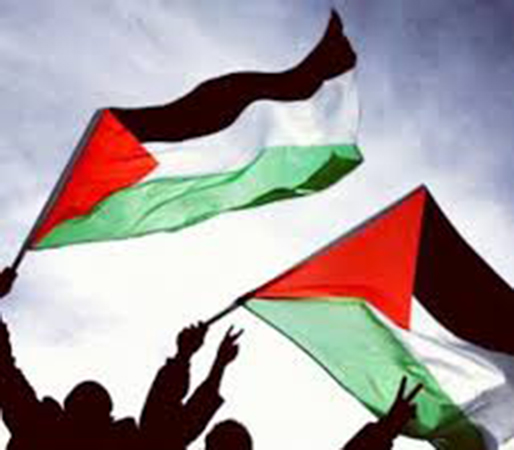Gaza City: Israel reopened its only goods crossing with the Gaza Strip on Wednesday after closing it to most deliveries on July 9 over months of border tensions, as relative calm returned and truce talks pressed ahead.
The crossing is a vital lifeline for Gazans and their crippled economy, but Israel had closed it to goods except for food and medicine to pressure Hamas, the Islamist movement that runs the blockaded Palestinian enclave.
The opening came as speculation increased over negotiations mediated by Egypt and UN officials to reach a long-term truce between Israel and Hamas.
Israel’s security cabinet was reportedly meeting Wednesday to discuss the indirect talks, but Defence Minister Avigdor Lieberman said any deal must include Hamas returning the remains of two soldiers it is believed to be holding — a major sticking point.
Israel and Palestinian militants in Gaza, including Hamas, have fought three wars since 2008 and tension since late March has led to fears of yet another full-blown conflict.
There have been three severe military flare-ups since July, the latest occurring on Thursday, when Israel responded to some 180 rockets and mortars fired from Gaza with widespread air strikes.
– ‘In your hands’ –
Lieberman warned that the crossing would again be closed if there was further violence and called on Gazans to pressure Hamas.
“Our message is that you must put pressure on the Hamas leadership,” he told Israeli public radio.
“It is all in your hands. If calm prevails, you benefit. If the violence resumes, you will lose.”
An AFP journalist at the goods crossing, known as Kerem Shalom, said dozens of trucks carrying various types of goods began passing into the Gaza Strip.
Israel also returned the fishing zone it enforces off the strip to nine nautical miles in the south of the enclave. The limit is six nautical miles in the north, which borders Israel.
On July 9, Israeli authorities closed the crossing to most deliveries, partly in response to kites and balloons being flown across the border carrying firebombs to burn Israeli farmland, causing hundreds of thousands of dollars in damage.
Food and medicines have been allowed through, but fuel and cooking gas had been intermittently blocked, including since August 2. All other goods were turned away.
The fuel ban exacerbated an electricity crisis in the Gaza Strip, which already suffers from severe power shortages and relies on generators in many cases.
UN officials have repeatedly called for the blockade to be lifted, citing deteriorating humanitarian conditions in the enclave of two million people.
Israel says it is necessary to stop Hamas from obtaining weapons or materials that could be used for military purposes.
Gaza’s only other goods crossing is at Rafah on the Egyptian border.
That checkpoint had largely been kept closed in recent years, but Egypt opened it in mid-May and it is has mostly remained so since.
At the moment, the crossing is only open to people, according to Egyptian sources, but a Hamas source said goods such as cement and fuel have passed through since the May reopening.
– Truce talks –
Gaza border protests broke out on March 30 and have led to months of tension.
At least 169 Palestinians have been killed in Gaza by Israeli fire since March 30, mostly during clashes and protests.
One Israeli soldier was shot dead by a Palestinian sniper in July.
The efforts by Egypt and UN officials to reach a long-term truce face major hurdles.
Officials from Hamas and its allies Islamic Jihad travelled to Egypt on Tuesday for talks, a Hamas source said.
The negotiations have led to political recriminations in Israel.
Education Minister Naftali Bennett of the far-right Jewish Home party said Tuesday he would oppose a deal based on “a temporary calm.”
It was the first explicit public comments by an Israeli minister on the negotiations.
Bennett, who has ambitions to be prime minister in the future and is a member of the security cabinet, also used the statement to criticise Lieberman, a political rival.
He said he opposed a ground offensive into Gaza, but noted he had put forward an alternative plan to exact “a decisive price from Hamas.”
Lieberman said Wednesday “we have never spoken with Hamas and we will never do so. We receive proposals from the UN.”
Regarding Bennett’s comments, the defence minister dismissed them as “slogans.”
Agence France-Presse

